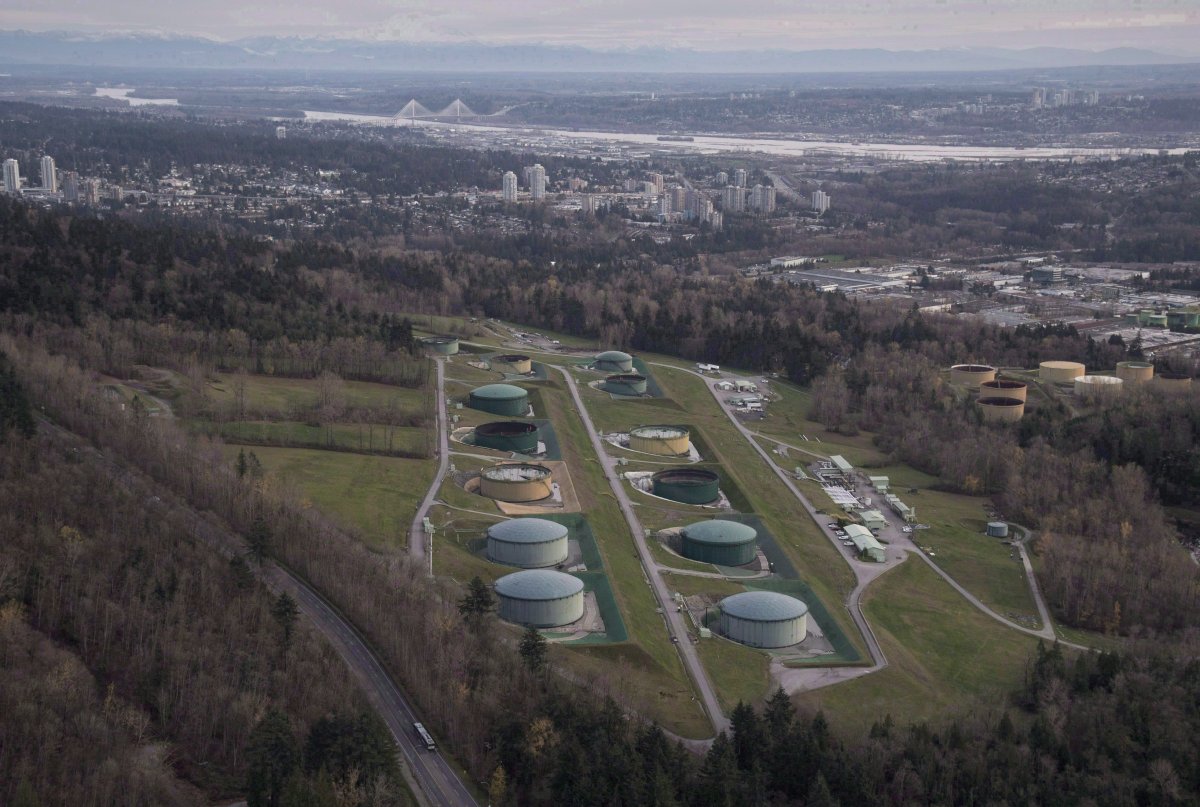After my interview with GasBuddy’s Dan McTeague this week, I was contacted by independent economist Robyn Allan who disputed some of his information.

As I have mentioned before, it is frustrating that every person I talk to about the Kinder Morgan Trans Mountain pipeline seems to be operating from a different set of facts. Who is right? I’m still not sure.
LISTEN: Green Party leader Elizabeth May discusses Kinder Morgan
Part of the problem is that everybody seems to have a different idea of what the National Energy Board (NEB) should and should not consider in approving a pipeline. I think the NEB should be focused on the technical aspects of building the pipeline with a particular focus on safety.
Issues of greenhouse gas emissions, the Paris Accord, First Nations consultations, social licence, national interest, economic viability, consumer prices – in short, all the areas where the critics find the NEB process deficient – I would argue, are not the NEB’s job to decide.

Get daily National news
First Nations consultation, climate change priorities and national interest are the responsibility of elected politicians. Economic viability is the responsibility of the company.
If Kinder Morgan shareholders think they can make money with the project, then that’s all the convincing I need that it is economically viable.
As one of my listeners put it, we don’t have a National Wine Board to determine the economic viability of a new B.C. winery, or guarantee that Canadian residents get first stab at buying it before it is considered for export, or assure the public that more B.C. wine coming on-stream will lower prices for Canadian consumers.
Some things you just leave to the market to decide.
In any case, I thought it was important to hear the points Allan took issue with. So, here is a summary of her counterpoints:
LISTEN: Independent economist responds to Trans Mountain debate
She said the Sturgeon refinery will not serve the B.C. market and that it has agreements in place for the prairies.
She said B.C. is a net exporter of gasoline and diesel so there is no scarcity of supply in B.C.
She also said B.C. residents expect the B.C. pipeline will cause prices to go up after the construction of the pipeline.
In the email, she also wrote: “what we do know is that the cost to deliver a barrel of refined product on the old line, once the new line is built, will more than double since the new line is not commercially viable on its own and needs to be subsidized through higher tolls on the existing line. It hasn’t been lost on B.C. residents that higher toll rates—which are passed on at the pumps—will increase pump prices because they are a cost of doing business.”
If you want to know more about why B.C. residents and Burnaby in particular oppose the project, Allan is quoted at length in the video below:
Danielle Smith can be reached at danielle@770chqr.com






Comments